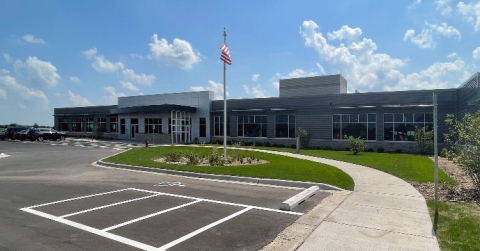
NNSA issued a cooperative agreement worth $35 million to SHINE Technologies to support the commercial production of molybdenum-99 (Mo-99), a critical isotope used in more than 40,000 medical procedures in the United States each day.
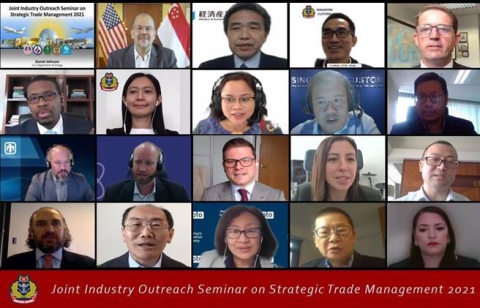
Last month, several governments and U.S. federal agencies came together in Singapore to discuss strategic trade controls best practices and highlight updates to export control laws and regulations across the region.
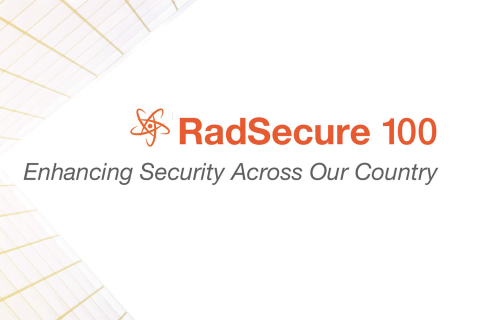
RadSecure 100, a new initiative from NNSA’s Office of Radiological Security (ORS), aims to remove radioactive material from facilities where it can and improve security at the remaining facilities. It is focused on 100 metropolitan areas across the Nation
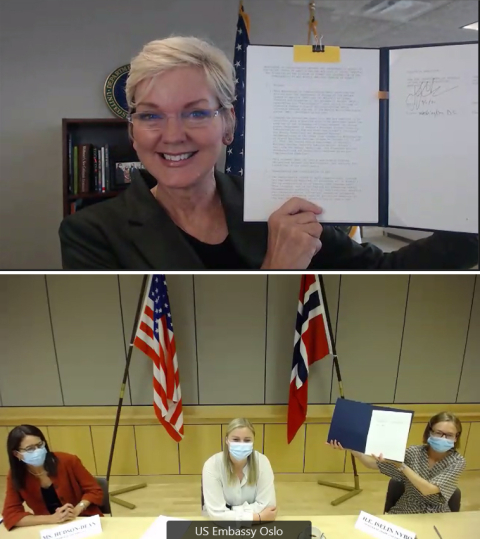
DOE and Norway’s Ministry of Trade, Industry, and Fisheries today signed a memorandum of understanding to advance a project to eliminate all of Norway’s highly enriched uranium by downblending it to low-enriched uranium – a shared nonproliferation goal.
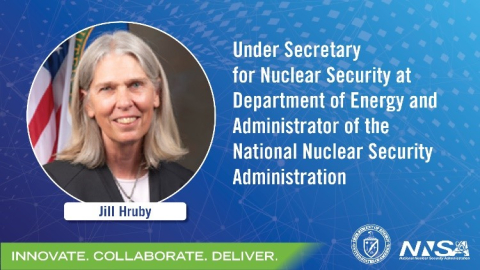
Administrator Hruby's remarks at the Joint Annual Meeting of the Institute of Nuclear Materials Management and the European Safeguards Research and Development Association.

NNSA launched a major project to enhance U.S. radiological security. The RadSecure 100 Initiative focuses on removing radioactive material from facilities where feasible and improving security at the remaining facilities located in 100 metropolitan areas.
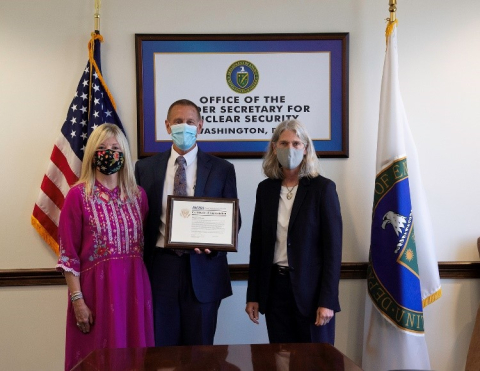
NNSA Administrator Jill Hruby presented Douglas M. Cotter, Senior Program Manager of the Space Nuclear Detonation Detection program in NNSA’s Office of Defense Nuclear Nonproliferation, with the inaugural General John A. Gordon Award

NNSA announced the rollout of U.S. Nuclear Nexus, a tool designed to foster timely connections between NNSA and the U.S. nuclear industry on the global deployment of advanced nuclear technology,
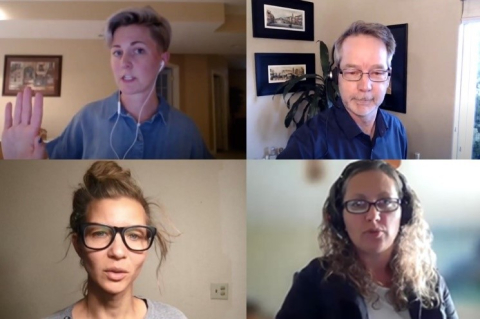
Science and Technology Conferences, hosted every other year by the Preparatory Commission for the Comprehensive Nuclear-Test-Ban Treaty Organization (CTBTO PrepCom), are a way for hundreds of scientists, technologists, academics, diplomats to get together
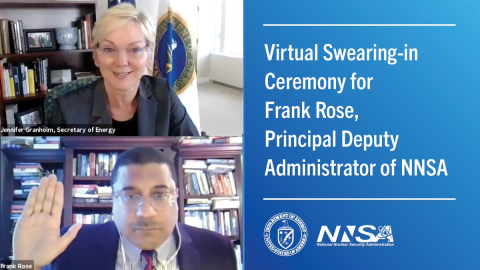
Frank A. Rose was sworn in by U.S. Secretary of Energy Jennifer M. Granholm on Monday as Principal Deputy Administrator of the National Nuclear Security Administration at the U.S. Department of Energy.

